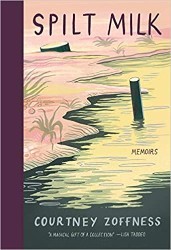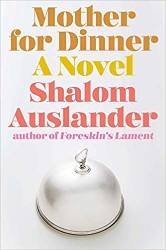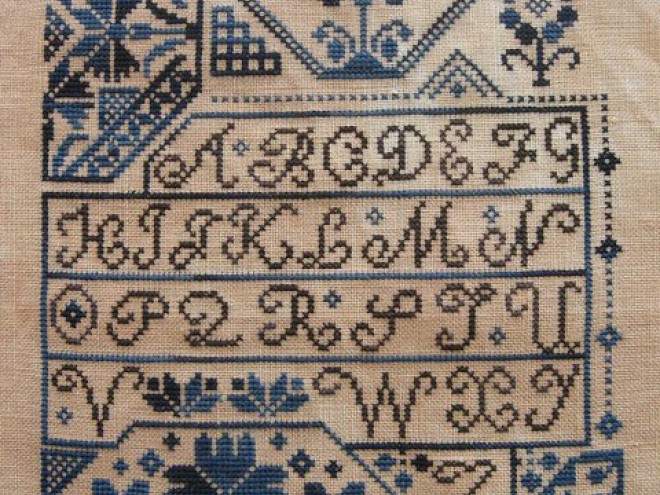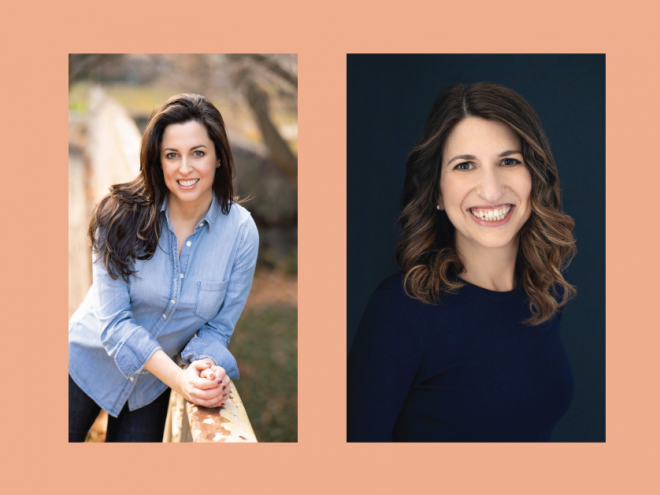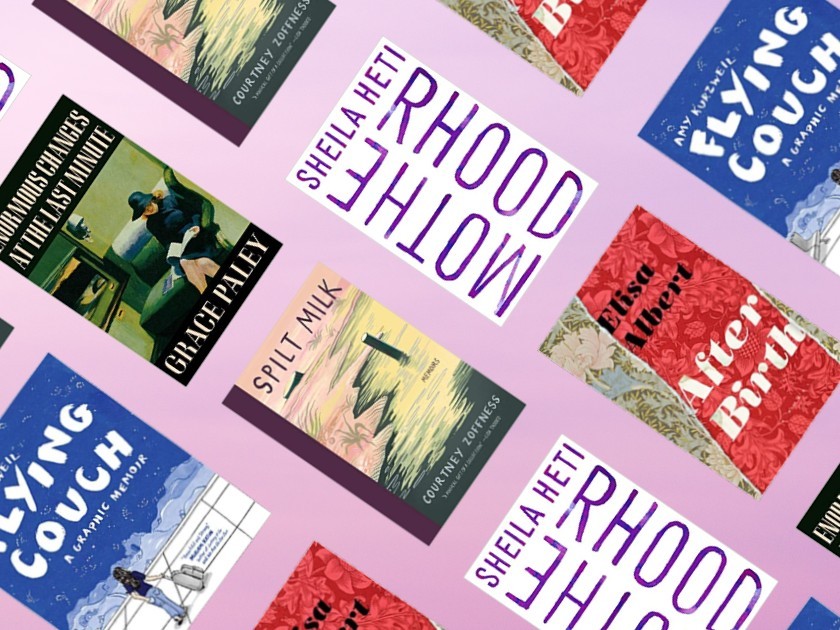
I composed nearly every sentence of my recently published memoir, Spilt Milk, with my small sons in mind. But initially I described the project in different terms.
I’m writing a book, I told friends, about lives I’ll never live. It wasn’t untrue. Spilt Milk explores my mother’s ex-career as a rock musician, a friend’s work as a gestational surrogate, and a Syrian Jewish refugee whose memoir I ghostwrote. But as the pages amassed, it was clear this proverbial umbrella wasn’t big enough. I tried again. This is a book, I said, about trespasses. Indeed, it considers one of my students who made a sexual pass at me in front of the class, rehashes offenses I’ve both committed and endured, and reckons with antisemitism and social justice. The description was apt. It was also insufficient.
It took clear-eyed editors at McSweeney’s, my publisher, to point out that I’d actually written a book about inheritance: what we acquire from previous generations and what we pass on to our children. Their pronouncement was undeniable. Motherhood had transformed my eyes; every past experience and current event had become infinitely more curious and complicated. In fact, I wrote Spilt Milk to gain clarity on how to cultivate generosity and empathy in my children, to understand how I might explain misogyny and white supremacy and divinity to their blooming brains. I wrote to ascertain how I’d acquired certain anxieties so I could avoid passing them on.
It’s tempting to claim I didn’t see the connective tissue because it was so obvious, the way a fish doesn’t know it’s in water. The bigger truth is, I was wary of having written a “mom book.” I feared the tag would diminish my accomplishment, prevent me from being taken seriously as a writer. I didn’t want my work to be reduced to whatever associations someone might have about moms. It’s upsetting to admit this. I am ashamed that I was ashamed.
This Mother’s Day, I’d like to offer a reminder of the depth and variation among so-called “mom books.” To relish being part of a lineage that showcases ferocity and intelligence and variety, not only within literature but among the women who created it.
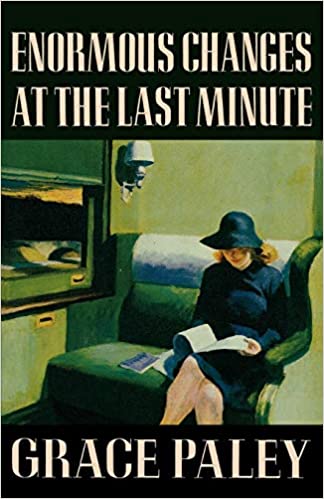
Enormous Changes at the Very Last Minute by Grace Paley
Grace Paley might be the matriarch of matriarchs. The daughter of Russian Jewish immigrants, the author pays molecular attention to domestic life, and her sentences bite. Critics have lamented Paley’s “modest” output — three short story collections and three chapbooks of poetry in her eighty-four years of life — but her oeuvre reflects admirable priorities: Paley considered her social activism and motherhood as important as writing. Asked by the Paris Review in 1992 what she was “doing” before she published her first book at thirty-seven, Paley even described the humdrum of child-rearing as essential to her art. “I took [my kids] to the park in the afternoons,” she said. “If I hadn’t spent that time in the playground, I wouldn’t have written a lot of those stories.”
Her park presence manifests literally in stories like “Faith in a Tree” from Enormous Changes at the Very Last Minute. Paley presents a woman sitting atop “a twelve-foot-high, strong, long arm of a sycamore” at the playground, lecturing on capitalism, socialism, womanhood, and war — some of the author’s most prominent concerns.
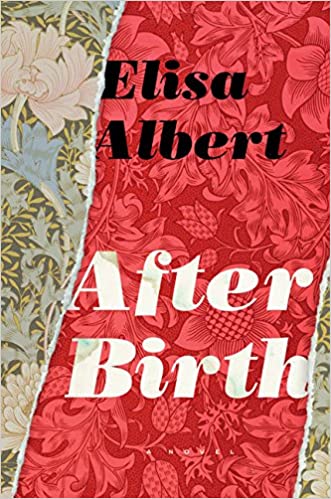
After Birth by Elisa Albert
If only all books starring mothers contained the gritty realism of Elisa Albert’s After Birth. Our protagonist, Ari, is lonely, depressed, and indignant. Transplanted to a “shitbox town” in upstate New York, and reeling from the disillusionment of childbirth, Ari is attempting to parent a one-year-old, write a dissertation, and find community. Contentedness eludes her, and she brims over with blame.
“You know why I hate women?” she declares. “Because they didn’t prepare me. Because they didn’t help me. Because they let me do this alone. Because they avoided knowing, mostly, themselves.”
The novel’s plot is propelled by the formation of Ari’s friendship with her hipper neighbor, Mina, a single mother. We root for this fellowship. However, After Birth proves most satisfying in the ways it pillories America’s birthing and baby-rearing industrial complexes. The simultaneity of Ari’s longing, displeasure, and joy rings so true of parenthood — and, also, life.
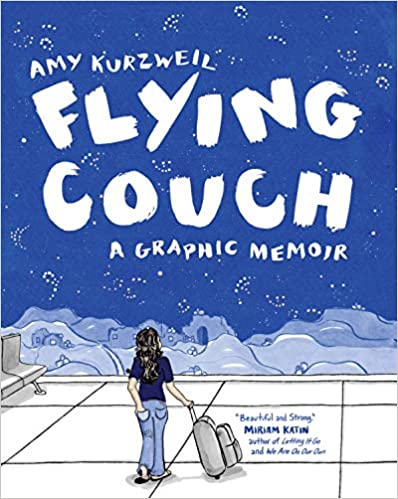
Flying Couch by Amy Kurweil
In her moving graphic memoir, Flying Couch, Kurzweil plaits her own coming-of-age story with narratives about her mother and grandmother, nodding at the ways in which some stories depend on one another. The illustrations are often playful and funny, but they also make the profundity of intergenerational trauma digestible. Readers meet Kurweil’s mother, a psychologist, who inspires the memoir’s title when she tells her imaginative young daughter that a couch offers a comfortable way for patients to “travel” during therapy. And we get to know her spirited immigrant grandmother, Bubbe, who suffered during the Holocaust, and escaped the Warsaw Ghetto disguised as a gentile. Kurzweil examines the evolution of her own creativity and spirituality, but ultimately? her beautiful art — both literary and visual — illuminates how the seeds of her anxiety may have been planted in Eastern Europe.
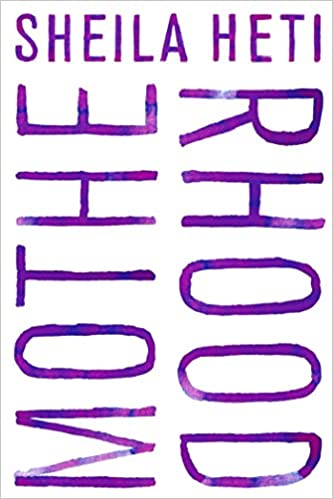
Motherhood by Sheila Heti
Considering the innumerable demands of motherhood — physical, emotional, psychological, financial — it is curious that Motherhood by Sheila Heti is the first novel I’ve read in which a protagonist exhaustively questions this life choice. Maybe I should say this differently: In a society that assumes certain roles for women, bless Sheila Heti’s fierce dialectic for pushing back. The novel’s narrator, also a writer, admits that “to not be a mother is the most difficult thing of all.” She questions herself, her partner, her friends, and her colleagues; offers up anecdotes and dreams that point out what-ifs; and frets over making a choice — any choice — that she won’t be able to reverse. What is her duty as a woman? As an artist? To cite the title of her previous and affecting novel, How Should a Person Be? “There are so many kinds of life to give birth to in this world, apart from a literal human life,” the narrator reminds herself, and us, in Motherhood. “The whole world needs to be mothered.”
Courtney Zoffness writes fiction and nonfiction. She won the Sunday Times Short Story Award, an Emerging Writer Fellowship from the Center for Fiction, the Creative Nonfiction prize from Arts & Letters, and artist residencies from MacDowell. Her work has appeared in The Paris Review Daily, the Southern Review, Longreads, and elsewhere, and she had Notable Best American Essays in 2018 and 2019. She lives with her family in Brooklyn, New York.
